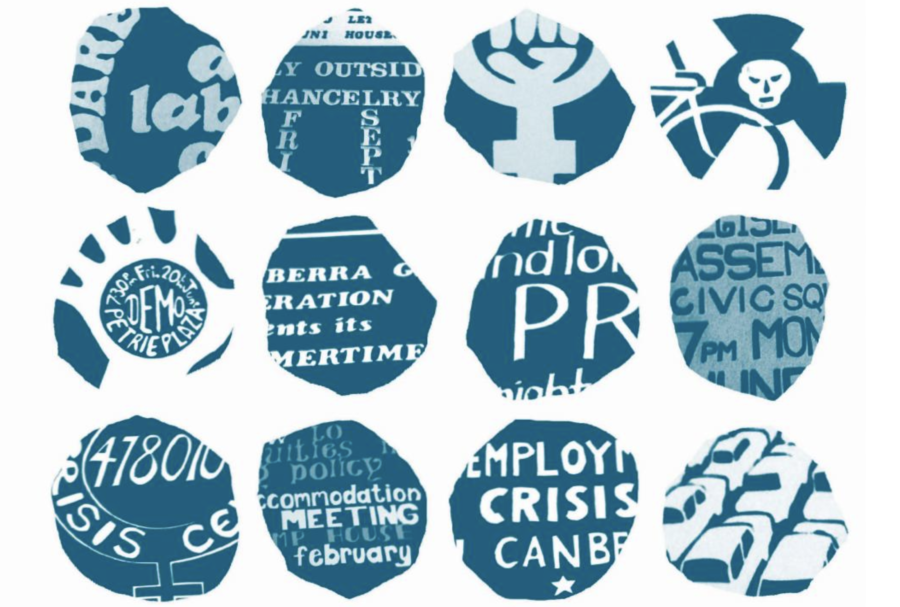Inherent to the objective of student unionism is the furthering of member interests. Historically and presently, higher education and university administration policy have been seen as counter to these interests, prompting student representatives to explore various means of achieving their objectives. These methods are invariably informed by Government policy of the day and the relationship between the student Association and university administration. There continues to be debate on the nature of activism and its presence historically and currently on ANU campus as facilitated by the ANU Students’ Association (ANUSA).
Having been the ANUSA Education Officer – the Association’s focal point for activism, before taking on the role of President – this question has been of longstanding interest to me. With a full view of the Association’s activities that only the Presidency affords, I sensed various priorities and frustrations within the Association’s membership. For some, the ongoing professionalization of ANUSA’s service provision was essential, tangible and practical. For others it represented a de-prioritisation of activism and the transformation of student unions into mere extensions of the university’s service provision. With unique access to individuals and information as ANUSA President I had to balance ‘having a seat at the table’ with a desire to lead a more assertive, activist Association. Furthermore, I assumed the role of President believing that collective action was a key and effective form of activism, which underpinned my consistent support for the deeply flawed National Union of Students (NUS). That belief was balanced by the attitudes of others who were not only sceptical of the NUS, but of collective action at large, believing that our access to Capital Hill afforded us the opportunity to go it alone.
For all these viewpoints, I have made my positions clear, but tensions remain as to the role of activism at ANU. On being approached by Demos Journal, I was happy to support this publication as a means of contributing to an important discussion about how activism has, is, and ought to be facilitated by ANUSA. Having completed my time at ANUSA, I still believe that students remain incredibly vulnerable to out-of-touch policy decisions that adversely affect them and that activism via collective action remains relevant and effective. It is now for the student body to determine how they want their student Association to further their interests. My thanks go out to all those who have contributed to the publication of this important issue.

